Mold and Mildew Nightmare? This Softwashing Solution Game-Changer
Are Biodegradable Softwashing Agents Truly Effective?
We've all heard the buzz about biodegradable softwashing solution game-changer, but are they really living up to the hype? As someone who's been in the cleaning industry for years, I've seen my fair share of products come and go. But these eco-friendly alternatives have caught my attention, and I bet they've caught yours too. We always look for practical, clean methods that won't harm our environment, right?
In this article, we'll dive into biodegradable softwashing solutions game-changer agents. We'll explore what makes them tick, how well they clean compared to traditional methods, and their impact on our surroundings. I'll share some insights from my own experiences using these products, and we'll look at the science behind their chemical composition. By the end, you'll better understand whether these agents are genuinely effective for your soft washing needs, whether you're tackling algae removal or just looking for a gentler way to sanitize.
Understanding Biodegradable Softwashing Agents
I've been in the cleaning industry for years, and let me tell you, biodegradable softwashing agents have been a game-changer. When I started, we used harsh chemicals that made me worry about their environmental impact. But now, I can clean effectively with these eco-friendly alternatives without those concerns.
Definition and Composition
Biodegradable soft washing agents are specialized cleaning solutions used in soft washing. This method combines low-pressure water with these agents to safely remove dirt, grime, mold, mildew, and algae from exterior surfaces. The key components typically include biocides or sodium hypochlorite, surfactants, and water.
I remember the first time I used a biodegradable solution. I was skeptical, but it worked as well as the traditional stuff. The main active ingredient in many of these products is often sodium hypochlorite. It's fantastic at killing mildew spores, algae, moss, and other unwanted growth on surfaces like roofs.
Types of Biodegradable Agents
There are several different types of biodegradable softwashing solutions game-changer agents out there. One that I've had great success with is Bio Cleanze. It's a professional-grade product approved for use in the UK and Ireland. What's cool about it is that it's super strong—about 50% active ingredient—but still gentle on surfaces and people.
Another type I've used is the Vertec Bio Gold line. These are great for specific tasks like graffiti or paint removal. They're derived from renewable sources like corn, soybeans, and citrus, which are neat.
How They Work
The way these agents work is fascinating. Take surfactants, for example. They're like the unsung heroes of the cleaning world. They work by reducing the surface tension of water, allowing it to spread out more evenly across the surface. This helps loosen and lift dirt and other contaminants.
I once cleaned a particularly grimy deck and was amazed at how the surfactants in the biodegradable solution I used seemed to lift the dirt right off. It's like they get between the surface and the gunk, pushing them apart and making it easy to rinse away.
These agents also excel at penetrating porous surfaces like wood and concrete. They can penetrate deep into the material, suspending the loosened contaminants in the solution so they don't settle back onto the surface before rinsing.
Effectiveness in Cleaning
I've been in the cleaning game for a while now, and let me tell you, biodegradable softwashing solution game-changers have impressed me. When I first heard about them, I was skeptical. How could something eco-friendly be as effective as the harsh chemicals we've used for years? But boy, was I wrong!
Comparison with Traditional Agents
In my experience, these biodegradable solutions are just as effective as traditional cleaning methods, if not more so. The key difference? They work smarter, not harder. Unlike pressure washing, which uses brute force to blast away dirt, soft washing with biodegradable agents is like giving your surfaces a deep, gentle massage.
I remember this one time: I was cleaning a particularly grimy deck. I thought I'd need to bring out the big guns, but I decided to give the biodegradable stuff a shot. To my surprise, it lifted the dirt right off! The surfactants in these solutions are like little superheroes, getting between the surface and the gunk and pushing them apart.
Performance on Different Surfaces
What's cool about these biodegradable agents is how versatile they are. I've used them on everything from delicate stucco to harsh concrete, and they've never let me down. They're especially great for surfaces that could be damaged by high-pressure cleaning, like wood paneling or vinyl siding.
I once had a client with a beautiful cedar shake siding covered in algae. They were worried about damage, but the soft wash system worked like a charm. It cleaned the siding without causing any erosion or stripping the wood.
Removal of Specific Contaminants
Now, let's talk about how these agents handle specific contaminants. In my experience, they're absolute champs at tackling mold, mildew, algae, and moss. The biodegradable solutions contain ingredients like sodium hypochlorite, which kills these organisms at a molecular level.
I remember this one roof I cleaned – it was so covered in black streaks from algae that the homeowner thought they needed a new roof. It looked brand new after one treatment with a biodegradable soft wash solution! The best part? Because it kills the algae at the root, it stays clean longer than if we'd just pressure-washed it.
Environmental Impact
I've been in the cleaning industry for years, and let me tell you, the shift toward biodegradable soft washing agents has been a game-changer. When I started, we used harsh chemicals that made me worry about their environmental impact. But now, I can clean effectively with these eco-friendly alternatives without those concerns.
Biodegradability Process
Our biodegradable cleaning solutions are designed to break down safely in the environment. It's incredible how they can effectively eliminate dirt, mold, algae, and other contaminants while being safe for plants, animals, and water sources. I remember the first time I used these agents; I was skeptical about their effectiveness. But to my surprise, they worked just as well as the traditional stuff, if not better!
Effects on Soil and Water
One of the most significant advantages I've noticed is the reduced risk of chemical runoff. In the past, I'd worry about the cleaning solutions we used polluting waterways and harming aquatic life. Now, with biodegradable agents, that's much less of a concern. These solutions decompose naturally, minimizing the long-term environmental footprint.
I once worked on a project near a sensitive ecosystem, and using these eco-friendly products gave me peace of mind. We could clean effectively without risking damage to the local flora and fauna.
Eco-friendly Certifications
When choosing cleaning products, I always look for eco certifications. It's not just about being green; it's about ensuring we're using truly safe and effective products. Some certifications I keep an eye out for include:
- Cradle to Cradle Certified (C2C)
- Intertek Green Leaf Mark
- ISO 14001
These certifications give me confidence that my products are legitimately environmentally friendly. It's not just about marketing; it's about making a real difference in how we clean and protect our environment.
Conclusion
The biodegradable softwashing agents we've explored have shown remarkable effectiveness in cleaning various surfaces while minimizing environmental impact. These eco-friendly solutions have proven their worth in tackling harsh contaminants like mold, mildew, and algae, often performing just as well as traditional cleaning methods. Their ability to break down safely in the environment, reducing the risk of chemical runoff, gives them a significant advantage in protecting our ecosystems.
As we move forward, using biodegradable softwashing agents represents a positive step towards more sustainable cleaning practices. Their effectiveness, combined with their reduced environmental footprint, makes them a compelling choice for both professionals and homeowners alike. While there's always room for further research and improvement, these agents are already making a real difference in how we approach cleaning tasks, balancing effectiveness with environmental responsibility.
FAQs
Is softwashing environmentally friendly?
Yes, softwashing is considered environmentally friendly because the solutions used are biodegradable. Even when these solutions include bleach, it is diluted to a level commonly found in swimming pools or used for disinfecting drinking water, making it safe for use.
What are the drawbacks of using non-biodegradable cleaning products?
The primary drawback of non-biodegradable cleaning products is their harsh chemical composition, which can harm human health and the environment. Inhaling various chemicals from these products can damage health and often contribute negatively to ecological sustainability.
What advantages do biodegradable laundry detergents offer?
Biodegradable laundry detergents are both eco-friendly and allergy-friendly. They break down more quickly in the environment. They are typically free from harmful chemicals like phosphates and synthetic dyes, reducing their environmental impact and being gentler on the skin.
Do you know which biodegradable laundry soap is recommended?
The top recommended biodegradable laundry soaps as of 2024 include:
- Best Eco-Friendly Laundry Detergent: Tide Purclean (Scent Free).
- Best Green Practices: Seventh Generation Concentrated Laundry Detergent (Free & Clear).
- Best Laundry Pods: Dropps Active Wash Laundry Detergent.
- Best Laundry Sheets: Tru Earth Laundry Strips (Fragrance-Free).
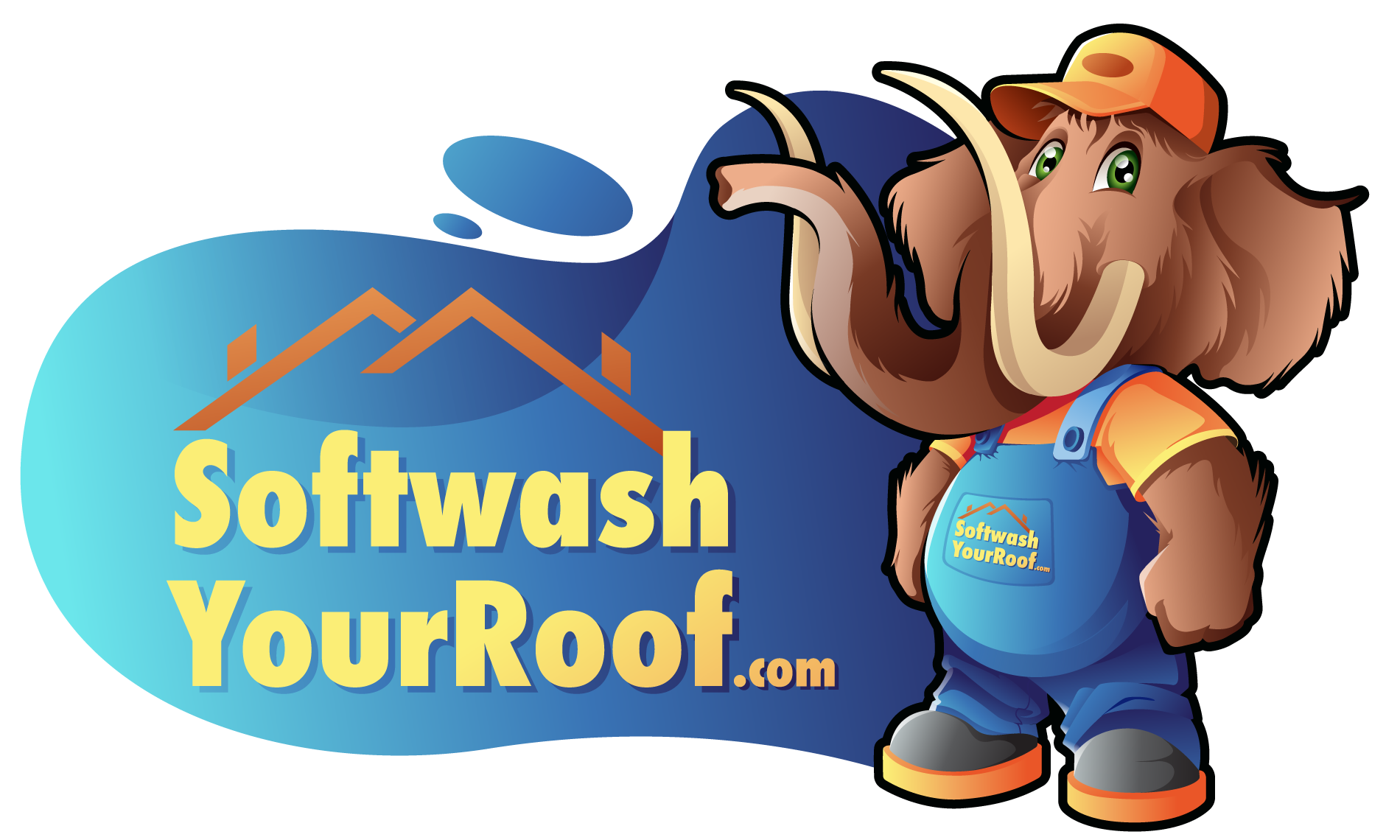


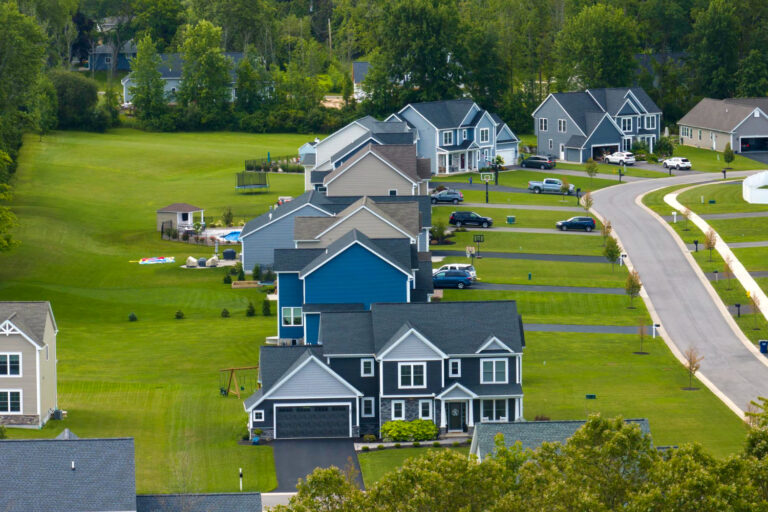
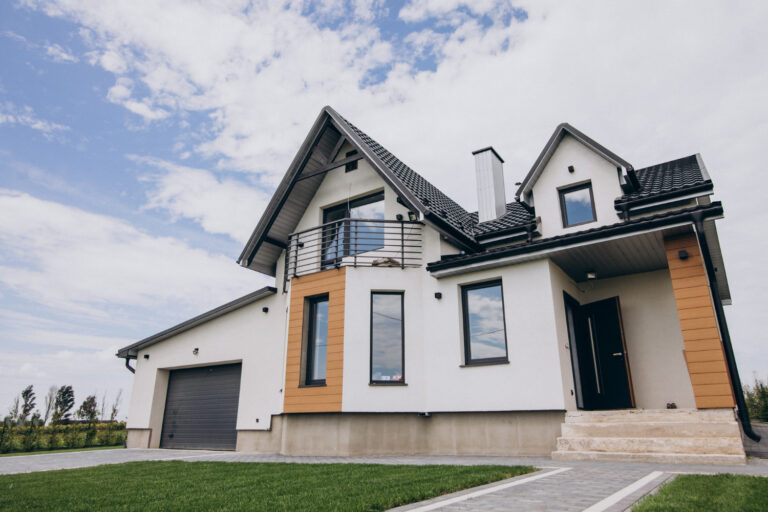
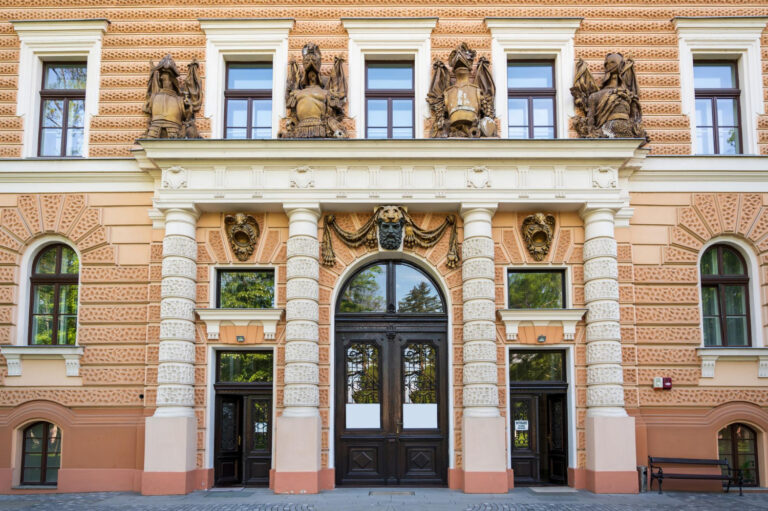
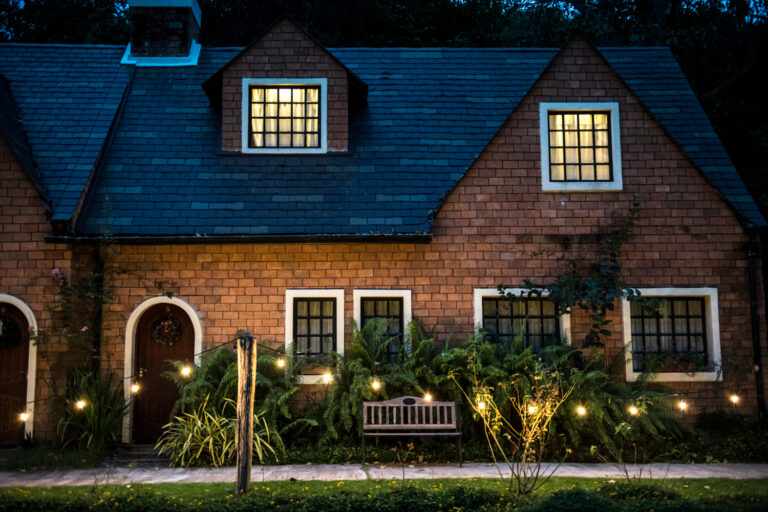
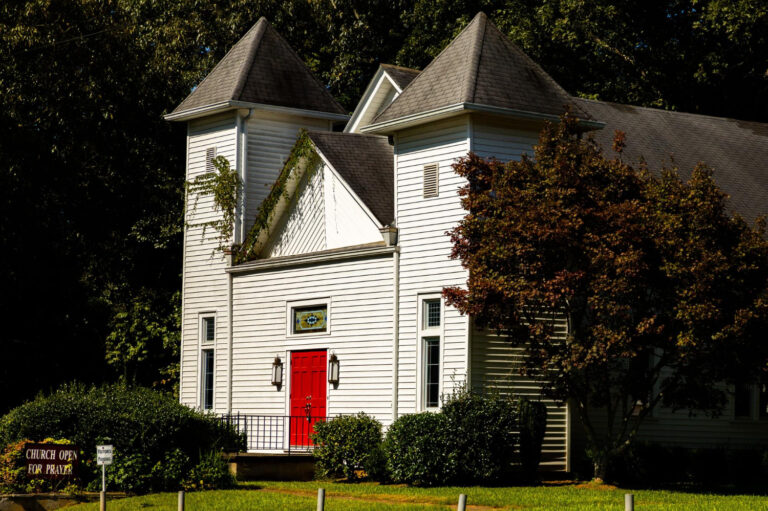

2 Comments
Comments are closed.